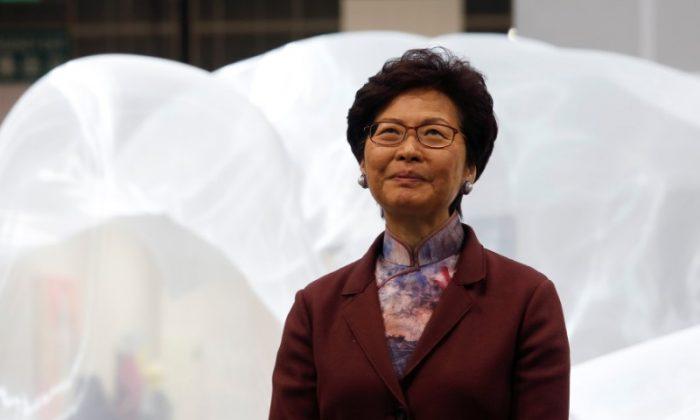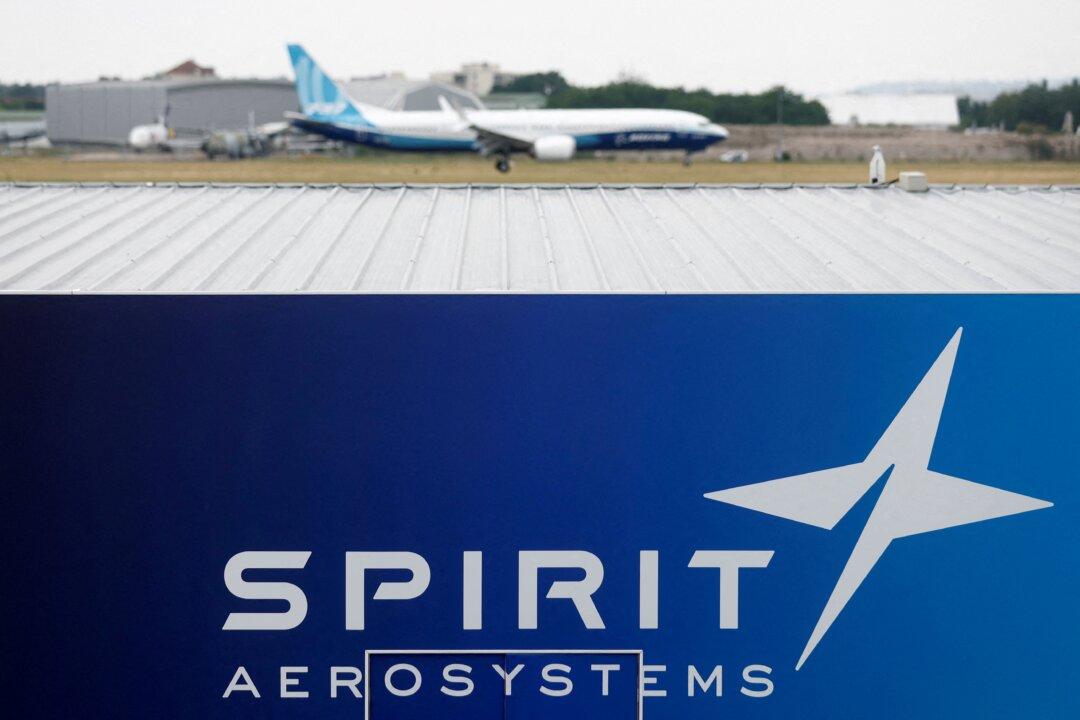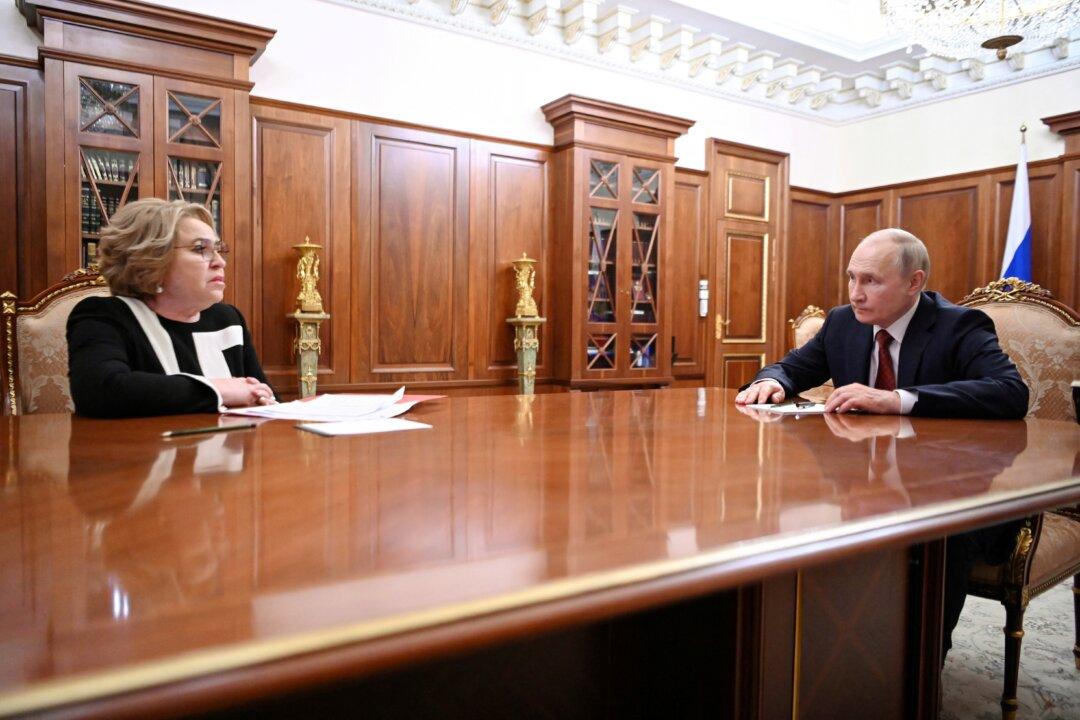Hong Kong has a formal extradition agreement with the United States but not with China, although the latter has handed over criminal suspects on an ad-hoc basis through the years.
The refusal was “at the behest of the (Chinese) central government,” the State Department said, adding that the fugitive was later released into Chinese custody “on the basis that the central government was pursuing a separate criminal action.”
It added, “The central government has provided no information as to the disposition of its own case.”
The U.S. report did not name the fugitive, or detail the crime, but Hong Kong media reported that the individual was Iat Hong, a computer hacker and Macau resident charged by U.S. authorities with stealing confidential information from U.S. law firms and trading on it for profit.
Reuters was unable to immediately trace contact details for Hong.
A spokeswoman for the U.S. consulate in Hong Kong gave no further details when contacted by Reuters, and declined to confirm if the individual was Iat Hong.
Hong’s rejected extradition request, however, was mentioned in a U.S. Justice Department letter this year, in a separate U.S. graft case involving businessman and former senior Hong Kong official, Patrick Ho.
Hong’s “lengthy, cumbersome extradition application” was rejected after nearly 10 months of proceedings in Hong Kong, the letter said.
“Hong ... has not been—and it appears never will be—extradited,” it added. Ho was arrested while in New York in November 2017. The U.S. Justice Department has charged him for bribery and money laundering.
Lam’s office, and the U.S. Justice Department, declined to make any immediate comment.
Hong Kong pro-democracy lawmaker James To said the case undermined public confidence in Hong Kong’s autonomy and urged the city’s leader to explain the decision.
In recent years, youth in Hong Kong have expressed frustration at what they perceive as the creeping influence of Beijing authorities over the city’s culture and freedoms.
The U.S. report also mentioned signs of overreach by mainland Chinese authorities in Hong Kong.
“Central government authorities ... issued public statements that diluted the concept of ‘high degree of autonomy’ and the freedoms contemplated in the Basic Law,” it said, referring to the city’s constitution.
For example, in November 2017, China’s National People’s Congress Standing Committee (NPCSC) required Hong Kong to adopt a law to make abuse of China’s flag or national anthem a criminal offense.
A month later, the report pointed out, the NPCSC approved a plan for mainland Chinese security agents to be stationed at a high-speed rail station currently being constructed that will connect Hong Kong with southern Chinese cities. Mainland Chinese law would also be applied there.
Democratic Party chairman Wu Chi-wai, in an interview with Radio Free Asia, pointed out that the Chinese regime has a different approach to Hong Kong now.
“They [Chinese regime] used to exert control via communist-backed capital in a much more underground manner; they never laid all of their cards on the table like this before,” he said.
Wu referred to a particular incident: on May 28, news website Hong Kong Free Press revealed that the Chinese regime’s liaison office in Hong Kong controlled Sino United Publishing, one of Hong Kong’s biggest publishing conglomerates. The company also owns many bookstores in the city, including Joint Publishing.By Venus Wu. Epoch Times staff member Frank Fang contributed to this report.






Friends Read Free